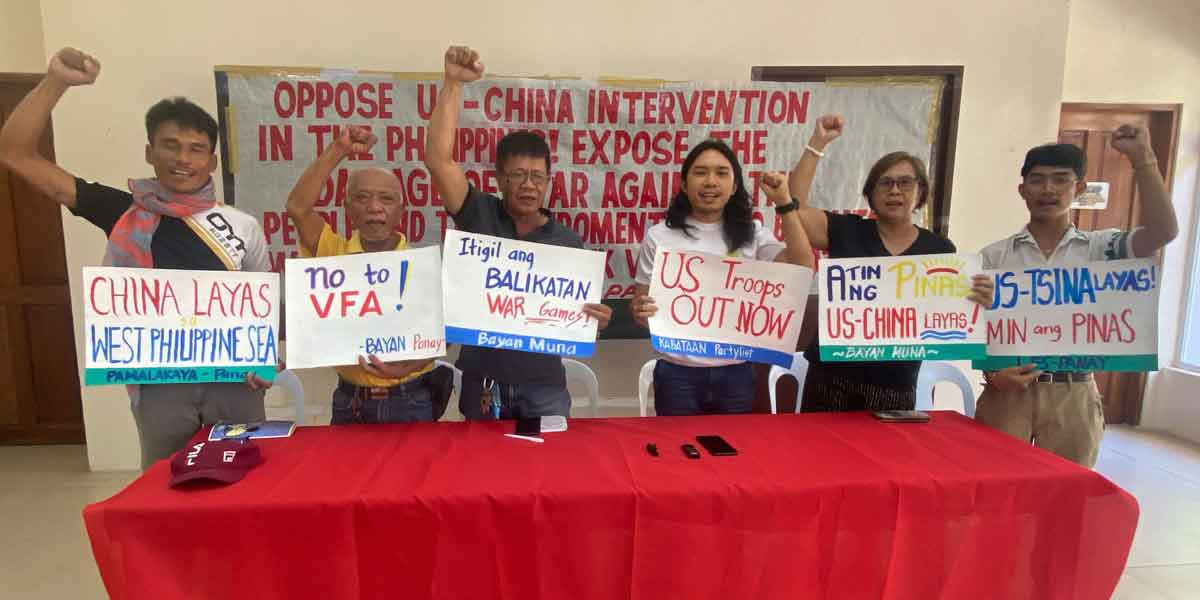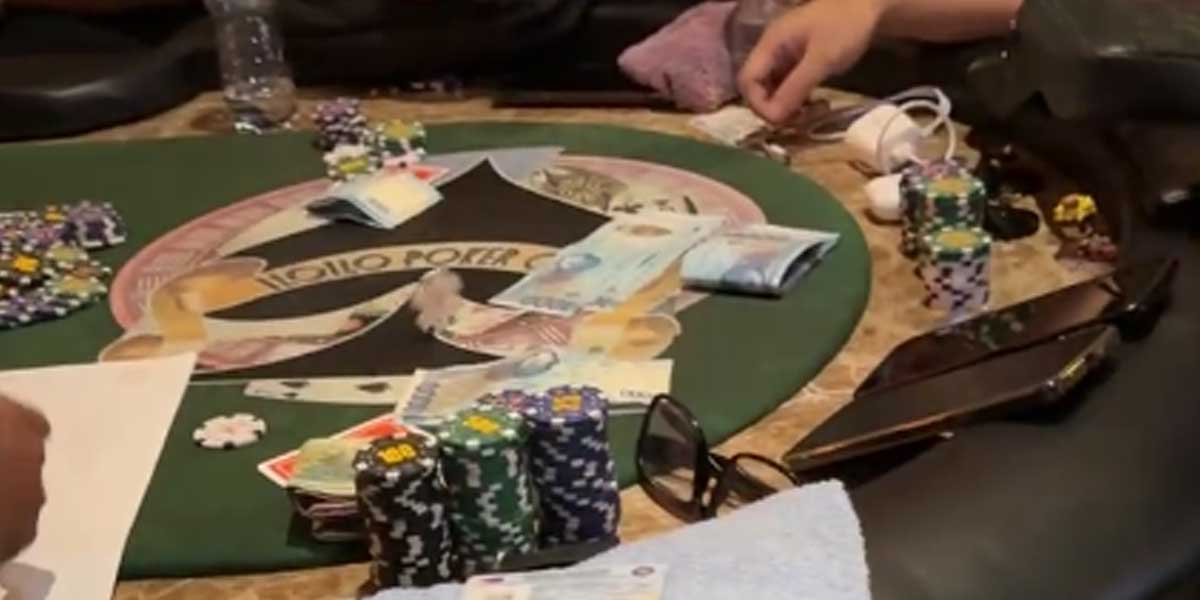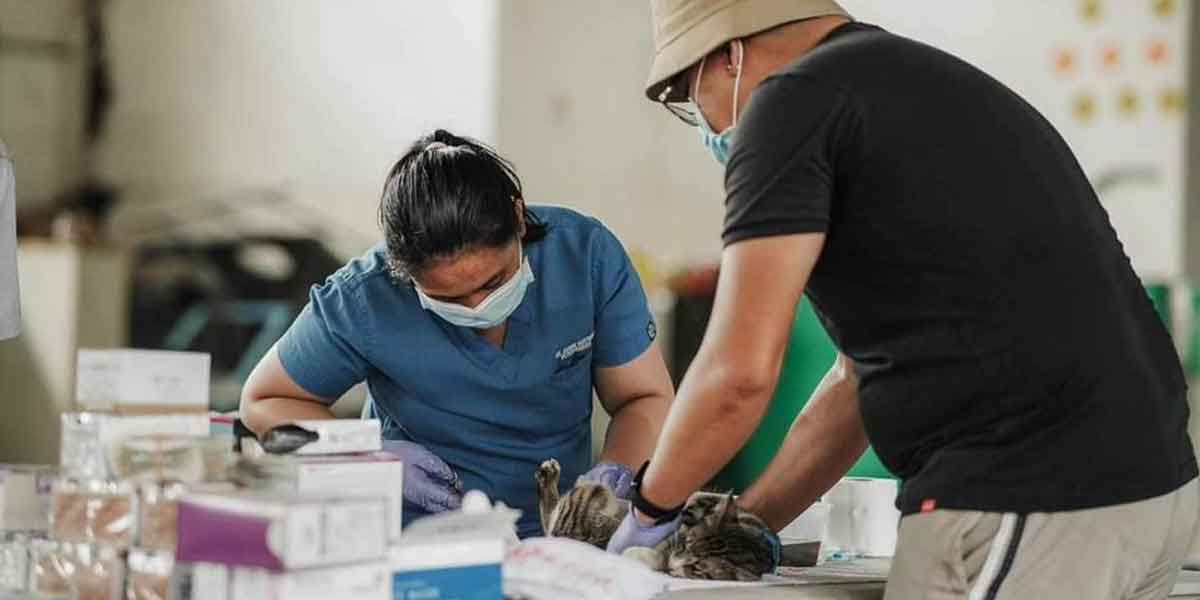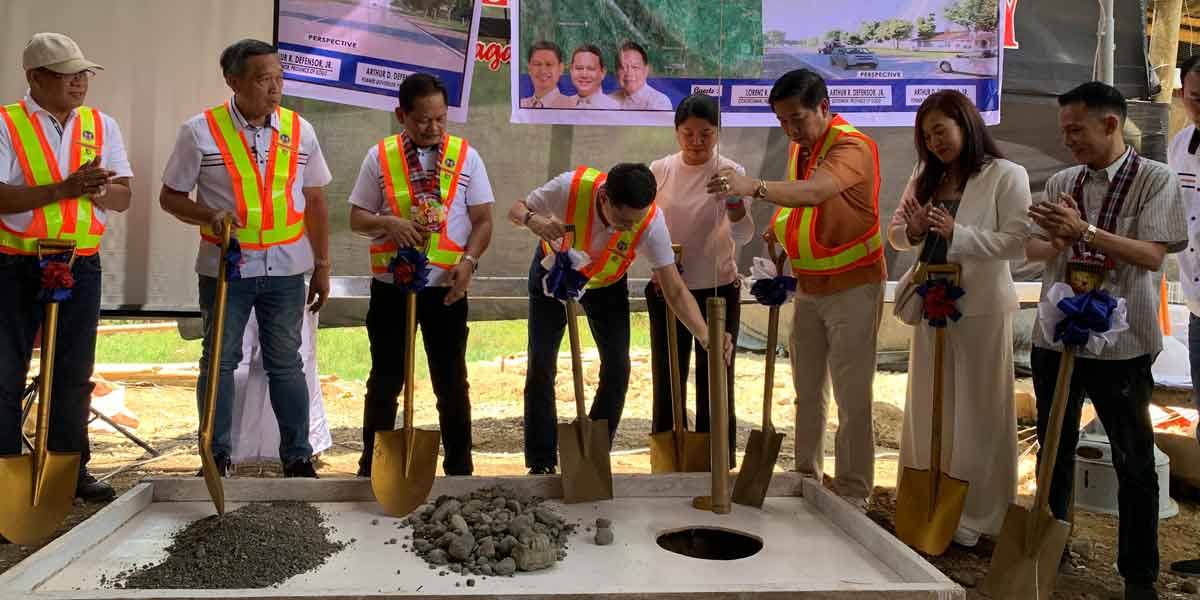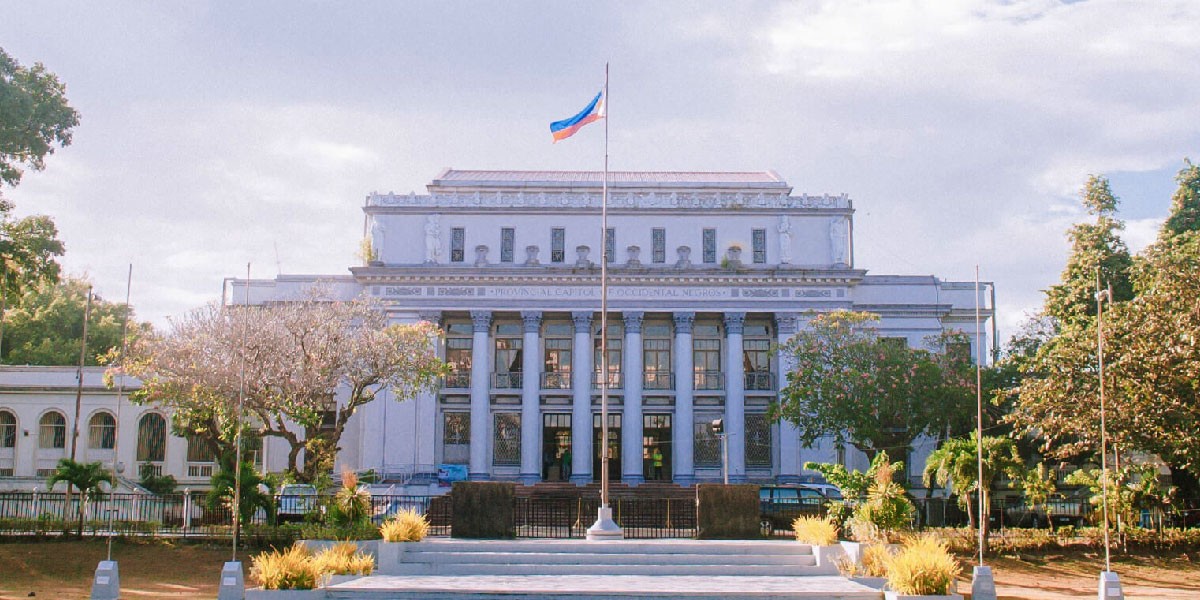 By Manuel P. Mejorada
By Manuel P. Mejorada
I found it distressing to read about some people in Lambunao, Iloilo throwing stones at the residence of a family stricken with the COVID-19. It shows the worst in the character of these people. It puts them at a level much lower than humanity. It is a behavior borne out of ignorance. They have no place in civilized society.
From what I read, this family is grieving, having lost a parent to this disease. The rest of the household have been found positive for the corona virus. Nobody could possibly be in a worse situation than where they’re in. They don’t deserve to be treated this way.
What the surviving members of the family needs is sympathy. It isn’t their fault that the disease found its way into their family. It happened because the fatality had travelled from Manila as the pandemic broke out. He just had the msfortune of being at an airport or some other place where large numbers of people gathered. An airport or a church or a conference hall are the most conducive places for the virus to spread.
I hope the LGU will assert its authority and provide the family protection from this kind of assault. We cannot allow the COVID-19 disease to put those it has infected under a stigma, or scorn from their fellow human beings. We have to show compassion and understanding. They need the support of the community to survive this crisis.
As I write this, there is plenty of reason to believe the pandemic is slowing down. The statistics of the last two days (I’m writing this on Wednesday, April 8) indicate that the number of new COVID-19 positive cases have started to slide. After three weeks into the lockdown, our statistics are encouraging. While it can’t be avoided that there are infections, and deaths, the numbers are far lower than what we’ve seen in other countries.
In the United States, for instance, an estimated 400,000 people have been infected. A little over 12,000 have died. And a big factor why this happened is because the U.S. government was slow in imposing strict quarantine measures. We’ve seen the same experience in Italy, Spain, United Kingdom, France and other European nations. It puts beyond doubt that a lockdown is the most effective way to fight the virus.
When President Rodrigo Duterte ordered that Metro Manila and the rest of Luzon be put under an enhanced community quarantine, or lockdown to be more precise, there was considerable grumblings that the government was over-reacting. One of those who called the measure as a case of “over-reaction” was Senate President Tito Sotto. Other figures in the political opposition also questioned the wisdom of the lockdown.
While it might be too early to call the government’s response a success, the figures that are being reported by the Department of Health are reassuring. We have done a good job stepping on the brakes and prevented the number of cases from spiking to the level of thousands of new cases in a single day.
No government in the world was prepared for this pandemic. Defintely the Philippines wasn’t prepared for the magnitude of the COVID-19 virus spread. Compared to the U.S. and the wealthier nations, the Philippines had almost nothing in its medical arsenal to deal with the pandemic.
We lacked testing kits and our hospitals were inadequately equipped, especially personal protective equipment (PPE). If infrastructure and medical supplies were to be the gauge, our country was a candidate for the worst-case scenario.
Fortunately, the government’s swift action to keep people out of the streets deprived the virus of the momentum it needed to spike and kill by the thousands.
When this is over, those who had criticized the President’s directive for enhanced community quarantine will likely thank him for being decisive. And credit must go to our doctors, nurses, hospital staffs, the police and military, our LGUs and other government workers who responded to the call to wage battle with COVID-19. Words are inadequate to describe the heroism you have displayed. The country owes you a debt of gratitude.
Filipinos are a resilient people. We have always bounced back from every calamity. This one is no different. Our collective suffering might be a great deal heavier during this period. But I am confident that once we recover, we will emerge a far stronger people and nation.

